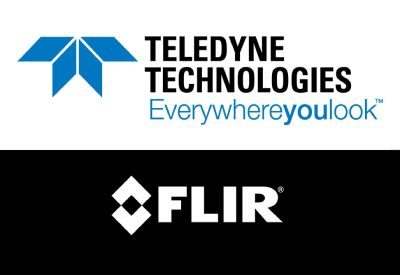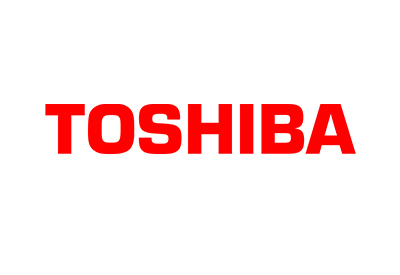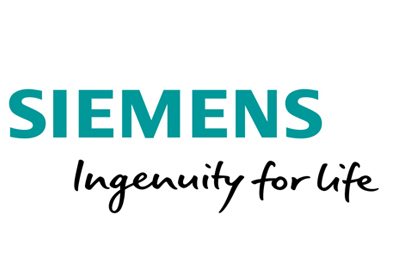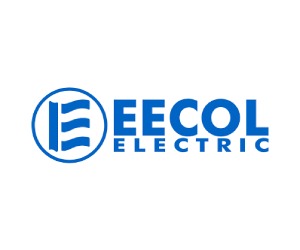Seneca and KUKA Canada Ltd partner to enhance automation training for students
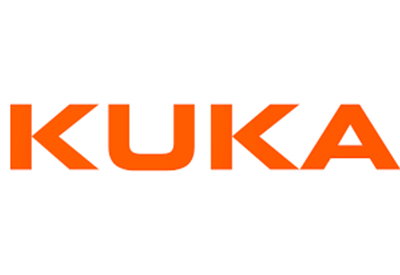
December 13, 2018
Seneca and KUKA Canada Ltd have signed a Memorandum of Understanding to provide Seneca students with state-of-the-art robotic equipment and the opportunity to enhance their manufacturing skills as future graduates within the postsecondary sector.
KUKA and Seneca will jointly develop strategic initiatives focused on technology innovation and work closely on skills development through curriculum on Industry 4.0 automation. This partnership will include a modern KUKA robotics labwithin Seneca’s new Centre for Innovation, Technology and Entrepreneurship at its Newnham Campus, opening in January 2019.
Industry 4.0, also known as the fourth industrial revolution, is the current trend of automation and the utilization of data in advanced manufacturing technologies. It includes cyber-physical systems, the Internet of Things, along with cloud and cognitive computing.
“As a postsecondary leader in partnerships, we recognize the value of collaborating with industry leaders, such as KUKA,” said David Agnew, Seneca President. “We are delighted to work with KUKA to further enrich our unmatched cluster of engineering programs. This MOU is an important step for us to continue to meet the needs of employers across a variety of sectors that will require robotics, automation and mechatronics technology in the future. We look forward to working with KUKA on curriculum that will ensure our graduates are in-demand once they enter the workplace.”
KUKA will participate in the development of Seneca’s robotics and automation curriculum. This may include providing guest lecturers, technical workshops and offering opportunities for Seneca students to train, gain practical knowledge and experience with KUKA’s portfolio of products, solutions and technologies.
“KUKA shares a strong strategic alignment with Seneca and we are excited to work closely with students and faculty to prepare for the future of automation and Industry 4.0. The implementation of a new state-of-the-art KUKA robotics lab will act as an automation learning platform for students and provide updated curriculum focused on advanced automation and industry 4.0 concepts,” said Ed Manera, Vice President of Sales for KUKA Canada Inc. “This year, KUKA is celebrating its 120-year anniversary and we’re continually finding ways to focus on the future of intelligent automation. Partnering with Seneca is an example of our ongoing commitment to develop and enhance advanced manufacturing skills in future graduates.”
The partnership also has the potential to evolve into establishing internships and/or co-op opportunities.
In addition, Seneca faculty members will have the opportunity to undergo training to become KUKA qualified instructors.


